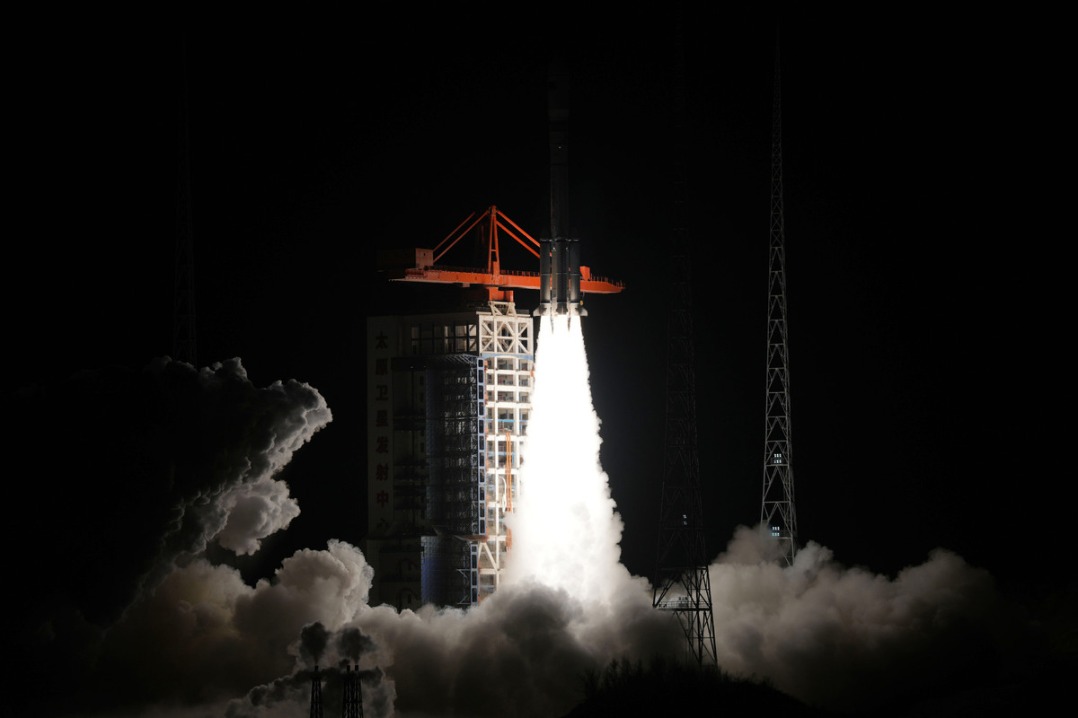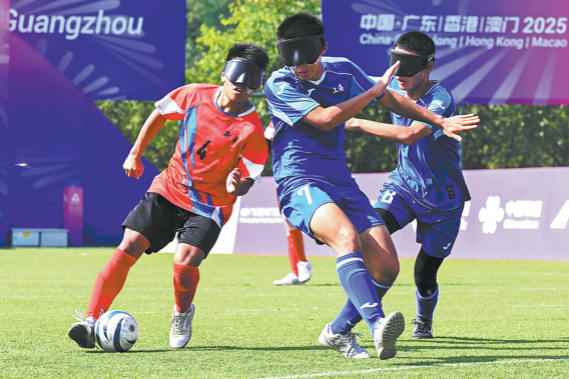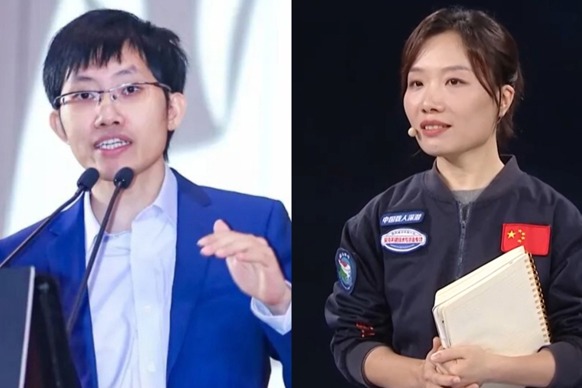Scientists broaden understanding of swallowing treatment


Chinese scientists have added more detail to their understanding of how to treat post-stroke dysphagia, or difficulty swallowing, using electroacupuncture.
A report on the study conducted by a team led by Xu Nenggui was published in the international science journal Nature Communications on Monday. Xu is a professor at Guangzhou University of Chinese Medicine and vice-chairman of the China Association for Acupuncture and Moxibustion.
As a traditional therapy, stimulation at the Lianquan acupoint, which is located at the depression superior to the hyoid bone, has been shown to be beneficial in treating dysphagia. However, little was known about the neurological mechanism in the process.
The study demonstrated that electrical stimulation at the Lianquan acupoint could improve the swallowing function through the activation of motor cortex inputs.
It not only explains a critical pathway for how the motor cortex controls the swallowing process but also suggests a potential treatment strategy for swallowing-related disorders.
Annually, about 15 million people worldwide suffer from a stroke, and about 78 percent of them develop post-stroke dysphagia.



































